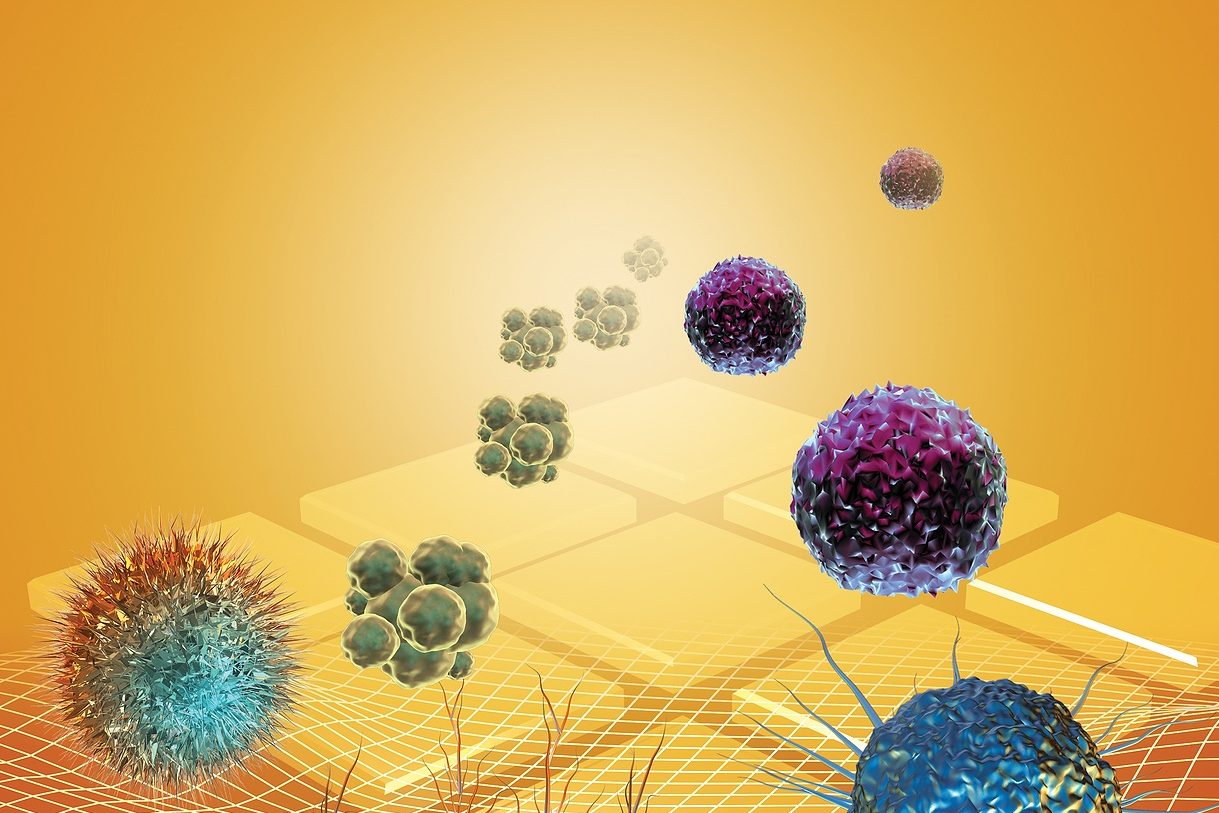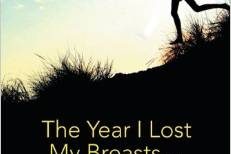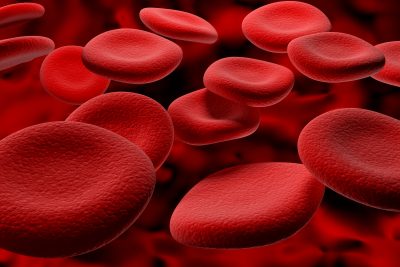On December 23, 1971, President Richard M. Nixon signed the National Cancer Act of 1971, and declared The War on Cancer. The allusion to combat appealed to the soul of the American people not long after their success in World War II and the humiliation of Vietnam; they intuitively understood the sacrifice, teamwork and massive effort, which is implied in the concept of War and they were ready for another victory. Committing dollars, careers and dreams they charged to battle, with gusto just short of a ticker tape parade. Decades later the “battles” continue and perhaps one reason it frustrates us so is that at second look, defeating cancer is not armed conflict.
Leaders and fundraisers have done very well with the war analogy. It rallies the troops, justifies military size budgets and commands conflict. Seeing the disease as evil seems to explain suffering, as well as brutal treatment. Doctors crush and destroy the enemy using aggressive therapy to target magic bullets, while motivating patients to fight. We honor heroes and remember the fallen.
Nonetheless, despite the ability of “War” to focus our attention and amplify our goals, there is a problem with using this word, these feelings, this entire paradigm, to label cancer care. Does it make sense to use a concept based on the deliberate slaughter of man as a synonym for healing? Is it fair to demand of patients that they be both soldier and victim, good and bad? Their loss and suffering is not abstract like good verses evil, nor a theoretical struggle for ideas, which so often results in men taking up arms. Theirs is a personal event of fear, loss, confusion and pain. Moreover, critically, cancer, unlike war, is not about guilt.
War is about guilt. However noble the cause in the history books, how glorious the battle, how important the victory, at the individual level, war is about guilt. The brutal destruction of another human being can never be good, even if justified, and it can never be without terrible physical, emotional, and cultural loss, on both ends of the sword. No warrior who shed another’s blood ever strolled from the battlefield with a smile on his lips and joy in his heart. Everyone suffers for allowing it to happen, for what they have seen and what they have done. All share a deep guilt about their actions and the corruption, which can be man.
Treating disease is a noble and altruistic undertaking, which should not require guilt. It is about individual patients trying to mend and return to their lives. It is about loved ones who support and suffer. It is about nurses, researchers and communities who give care and work hard to find therapies. While it is about loss for all, it can also be about great achievement, great discovery and healing. Have no doubt that when a new cure is discovered, or a CT scan is normal, men and women dance with a smile on their lips and joy in their hearts.
Like war, the memories linger for cancer survivors long after the event has passed. However, unlike war, cancer is no one’s fault. When we label the quest for a cure as war, we imply that there are two sides in this battle and that there is guilt all around. There is no evil in cancer, it is a malfunction of our bodies which can lead to loss and suffering; a disease which will soon be no more. No one tries to hurt and humiliate another, only heal and give hope. Cancer suffering causes enough anguish; perhaps it is time to leave battlefields behind.







15 Comments